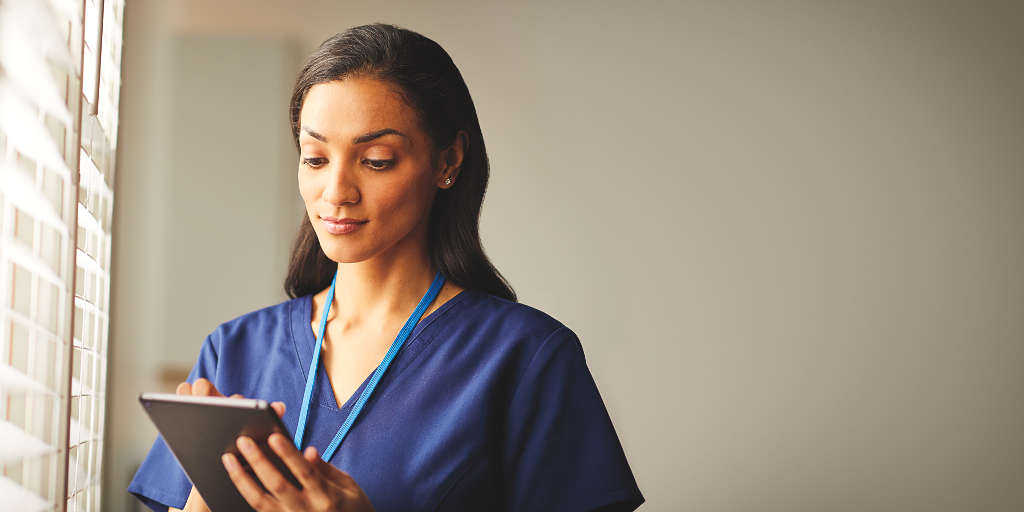eCommerce and online shopping
Our healthcare online stores make quick work of ordering for your organization’s e-commerce needs. With online-only promotions and contractual pricing unique to professional organizations, and easy, direct shopping for home AED customers, we’re making buying online more convenient and efficient.









